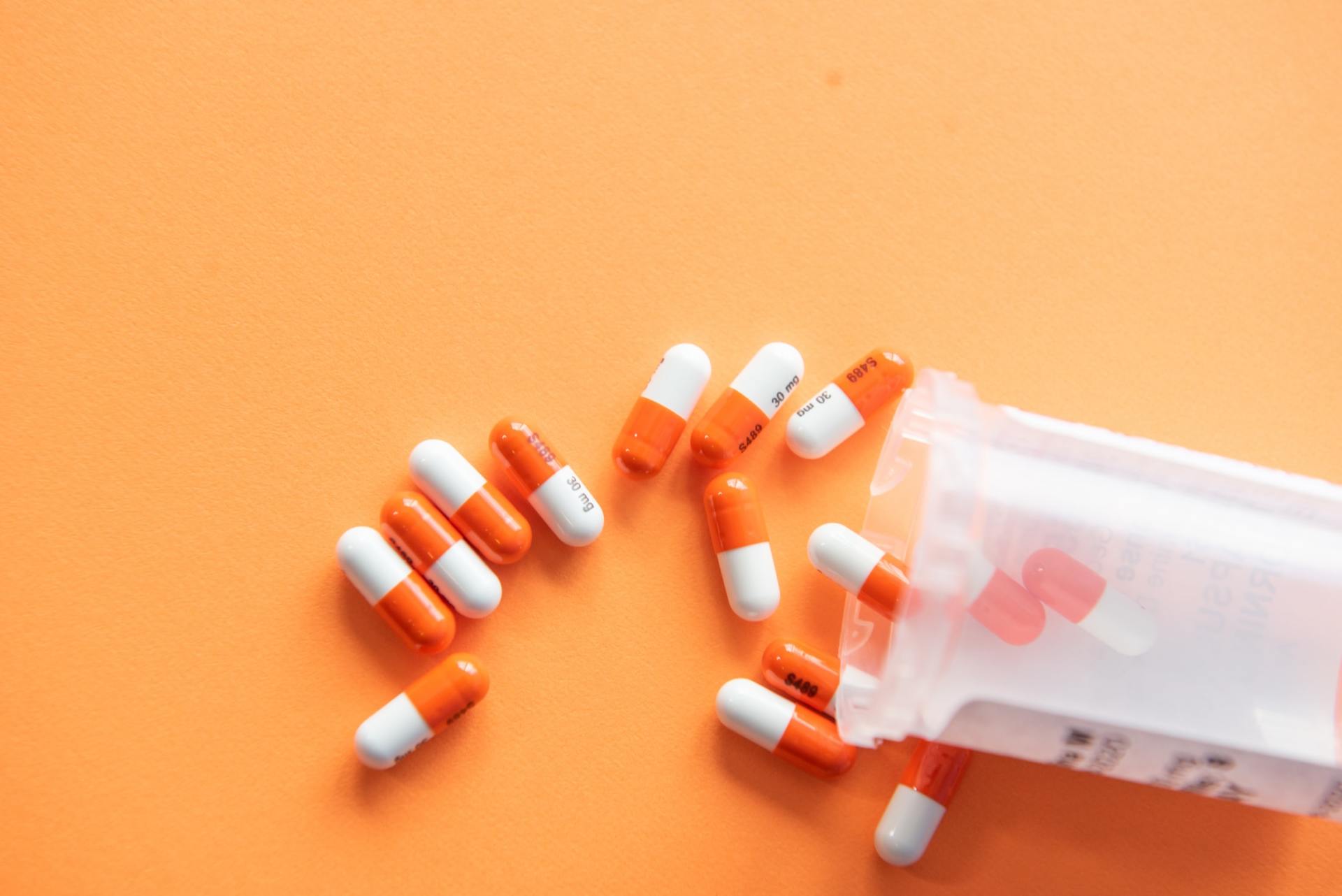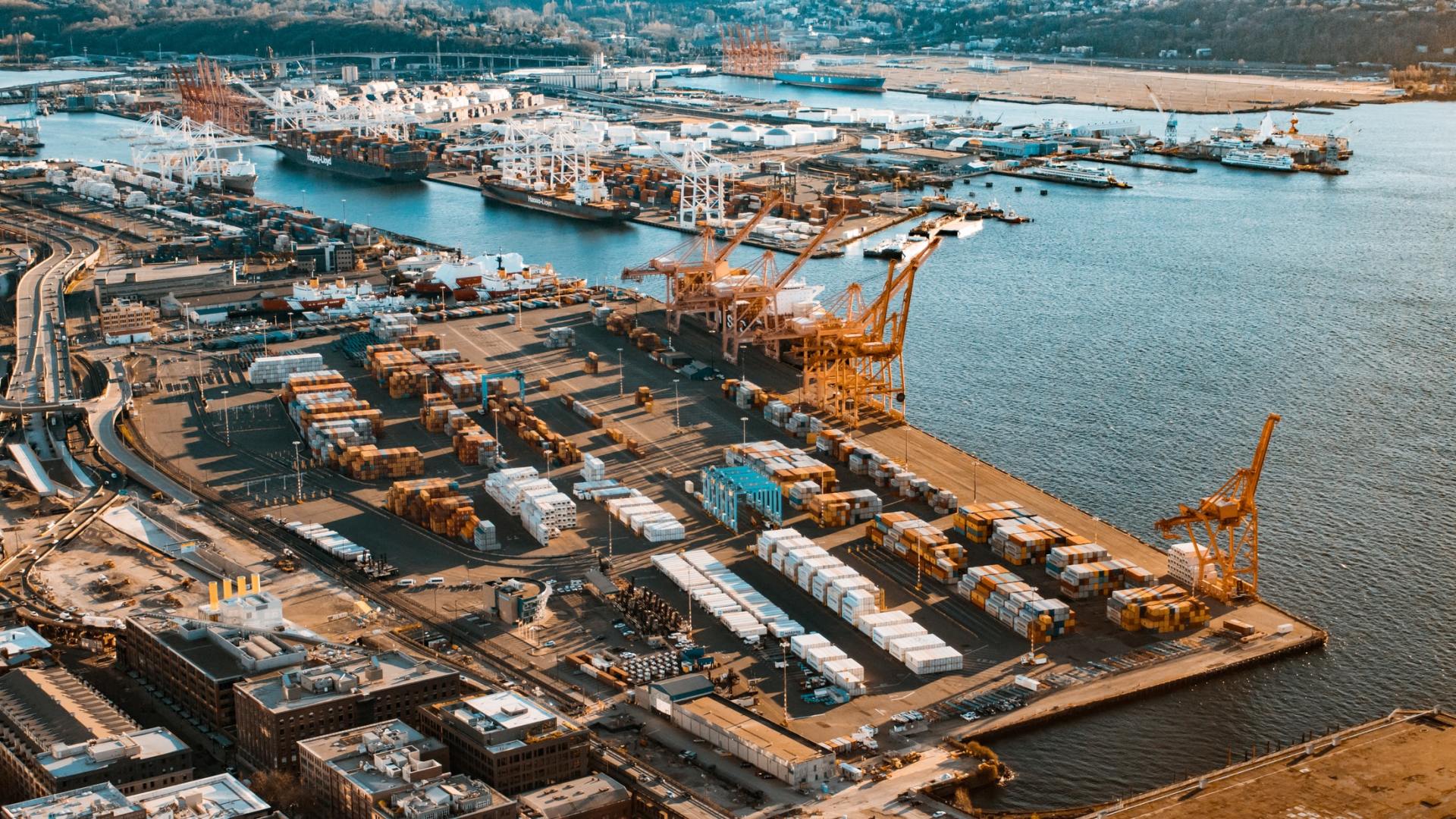Hazardous substances and harmful installations
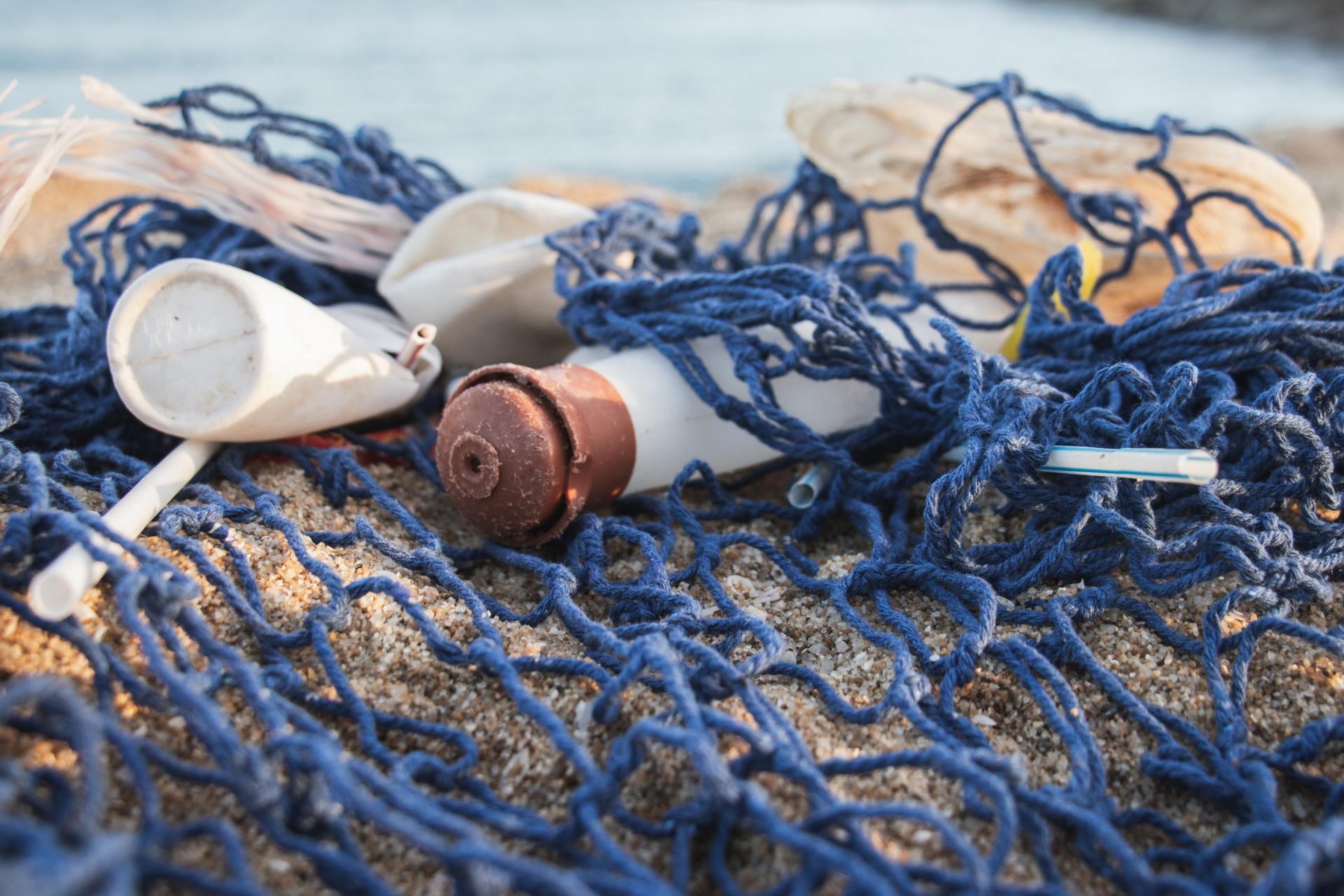
Proposals on toxic substances & Moving exhibition on plastic and toxics flows in the society
In 2021 CCB has continued working on developing actions and recommendations on addressing plastic, pharmaceuticals, mercury, Endocrine Disrupting Chemicals (EDCs), Highly Hazardous Pesticides and other toxic substances as a part of ‘shadow’ BSAP (Baltic Sea Action Plan - HELCOM’s strategic programme of measures and actions for achieving Good Environmental Status of the Baltic Sea) package. It included advocacy on Baltic Sea Region, national and regional levels for proper policy regulation regarding chemicals management.
In 2020 CCB has developed an online (instead of a moving, due to the pandemic) exhibition “Live in / Leaving” with educational and informational content about plastic and toxics flows in the BSR and has promoted it across the Baltic Sea Region. The exhibition has been launched on 1 October 2020 and within 2021 it continued to be used by CCB MOs as a tool to attract public and local stakeholders, including mass media attention to the problem.
Moreover, we joined the #NonHazPlasticDiet campaign in May-June 2021.
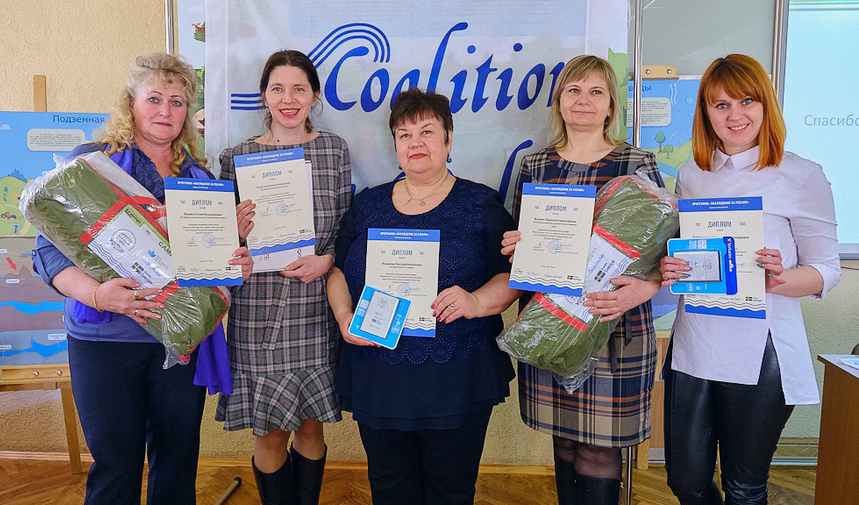
Awareness campaign & Safe disposal points for outdated pharmaceuticals
This activity has a purpose of attracting public attention to the topic of chemicals pollution of the environment in the Baltic Sea region (including via plastic), and associated health, and social risks, as well as promotion ways towards safe alternatives and solutions, especially, on personal level.
CCB has performed the following awareness raising on chemical pollution in 2021:
- Active participation in Save Bees and Farmers campaign by CCB and MOs Polish Ecological Club and Latvian Green Movement, as well as campaigns addressing pesticides (e.g. glyphosate);
- Campaign addressing reduction of single-use plastic consumption, following governmental decision to ban single-use plastic in public catering in Belarus from January 2021;
- A campaign and a festival “Medicines have no place in water and food”, to engage schools into collection of pharmaceutical wastes and further awareness raising among kids and parents in Belarus;
- Over 700 kgs of pharmaceutical waste were collected to safe disposal in Belarus through CCB supported collection points.
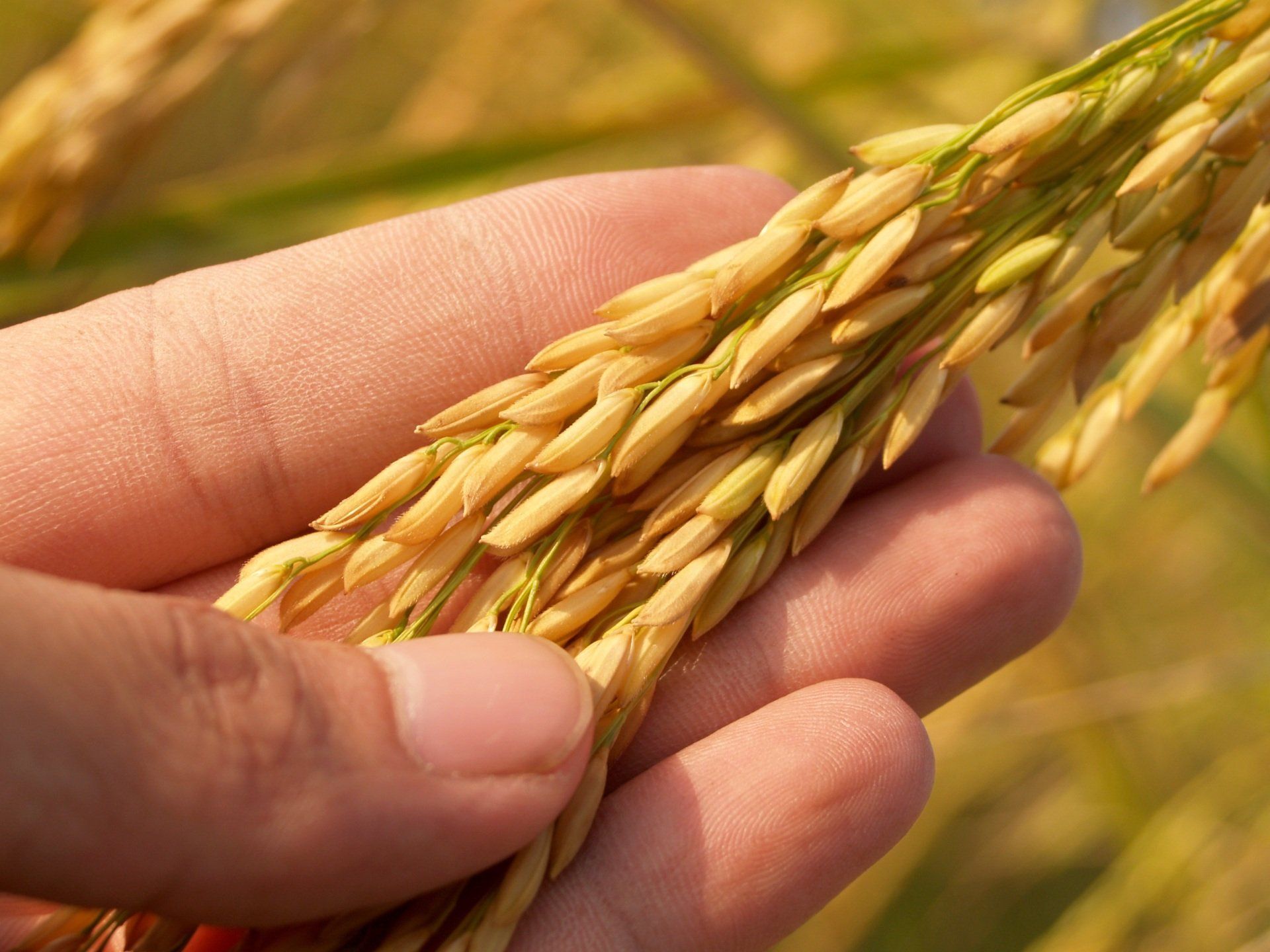
Awareness raising on pesticides in agricultural production
A training program and a roundtable were carried out for 7 united territorial communities of Lviv region (Ukraine), providing 135 participants with sets of information materials on safety of using pesticides by private households, safety of using pesticides by farmers and agricultural enterprises, water without pesticides, protection of apiary from pesticide poisoning.
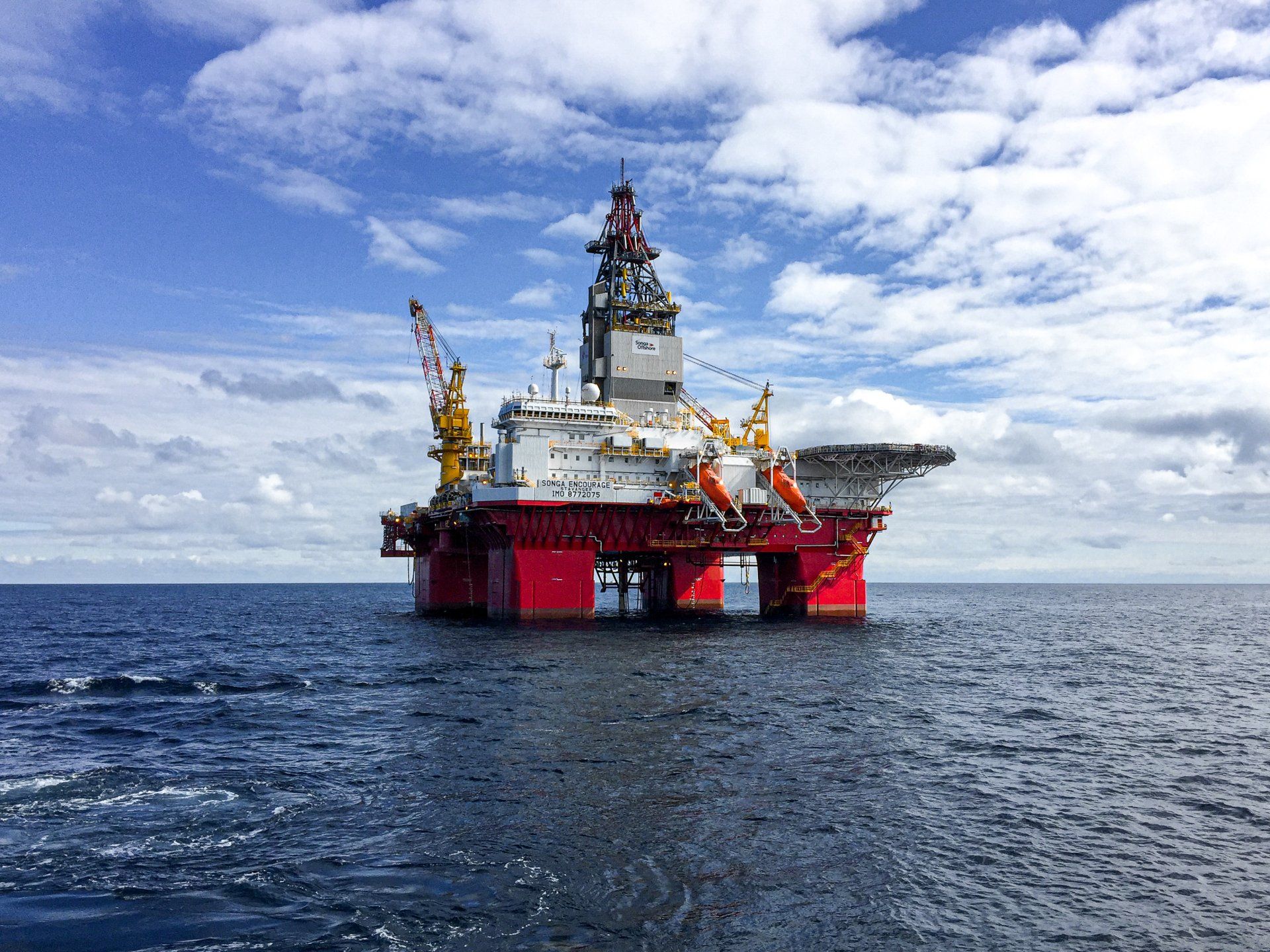
In 2021 CCB continued advocacy actions at the policy level and continued monitoring different projects development; within this work CCB communicated mostly with local MOs and addressed intergovernmental organizations such as HELCOM and national authorities in the countries concerned.
This work has comprised of the following major activities:
- We have expressed concerns at HELCOM HOD 60-2021 on D33 Offshore Oil Drilling, Lynetteholm Artificial Island and Deepwater Container Terminal in Swinoujscie;
- CCB appealed to the Danish Parliament with a copy to the European Commission, calling to postpone the decision on Lynetteholm project until proper EIA is performed and consultations done;
- CCB also co-signed an open letter to the International Commission for the Protection of the Odra River against Pollution (ICPO), and the Water Directors of Czech Republic, Germany and Poland regarding lignite mine Złoczew in Poland.
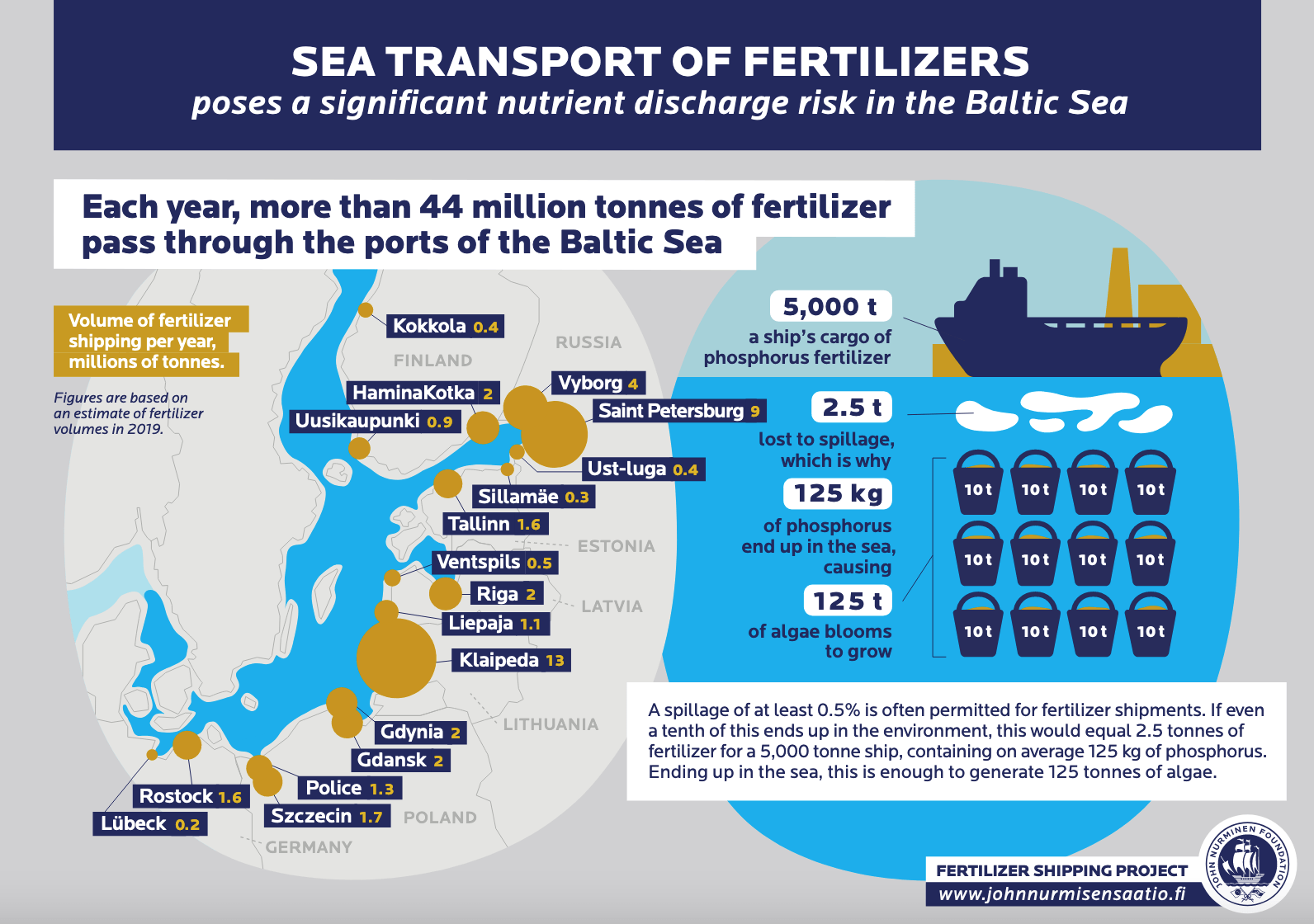
CCB continued its work on addressing nutrient inputs from fertilizer handling in the Baltic Sea shipping and ports in two major directions: advocacy at HELCOM for inclusion of respective actions addressing these sources of pollution within the BSAP update and cooperation with John Nurminen Foundation, Finland and Race For The Baltic foundation, Sweden on launching pilots projects on testing BAT for reducing nutrient losses from fertilizer cargo handling in bulk.
In both cases a significant progress has been achieved – several actions were adopted in 2021 HELCOM BSAP and respective roadmaps for their implementation, while the work with private foundations has resulted in real business cases being carried out in the ports of Finland and Sweden.
